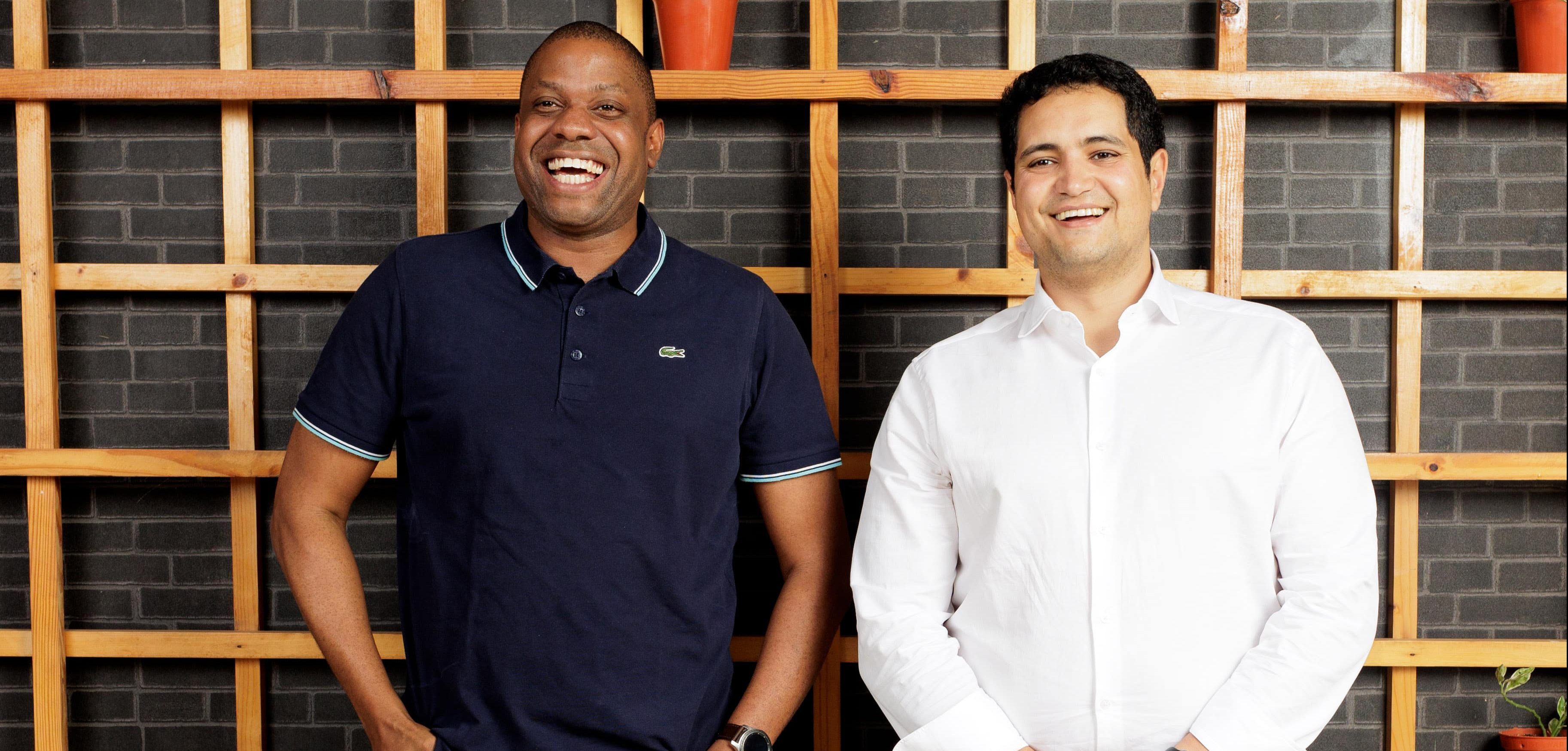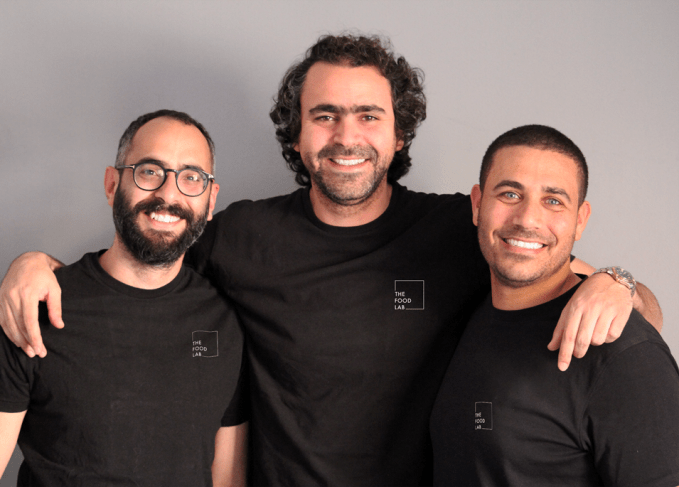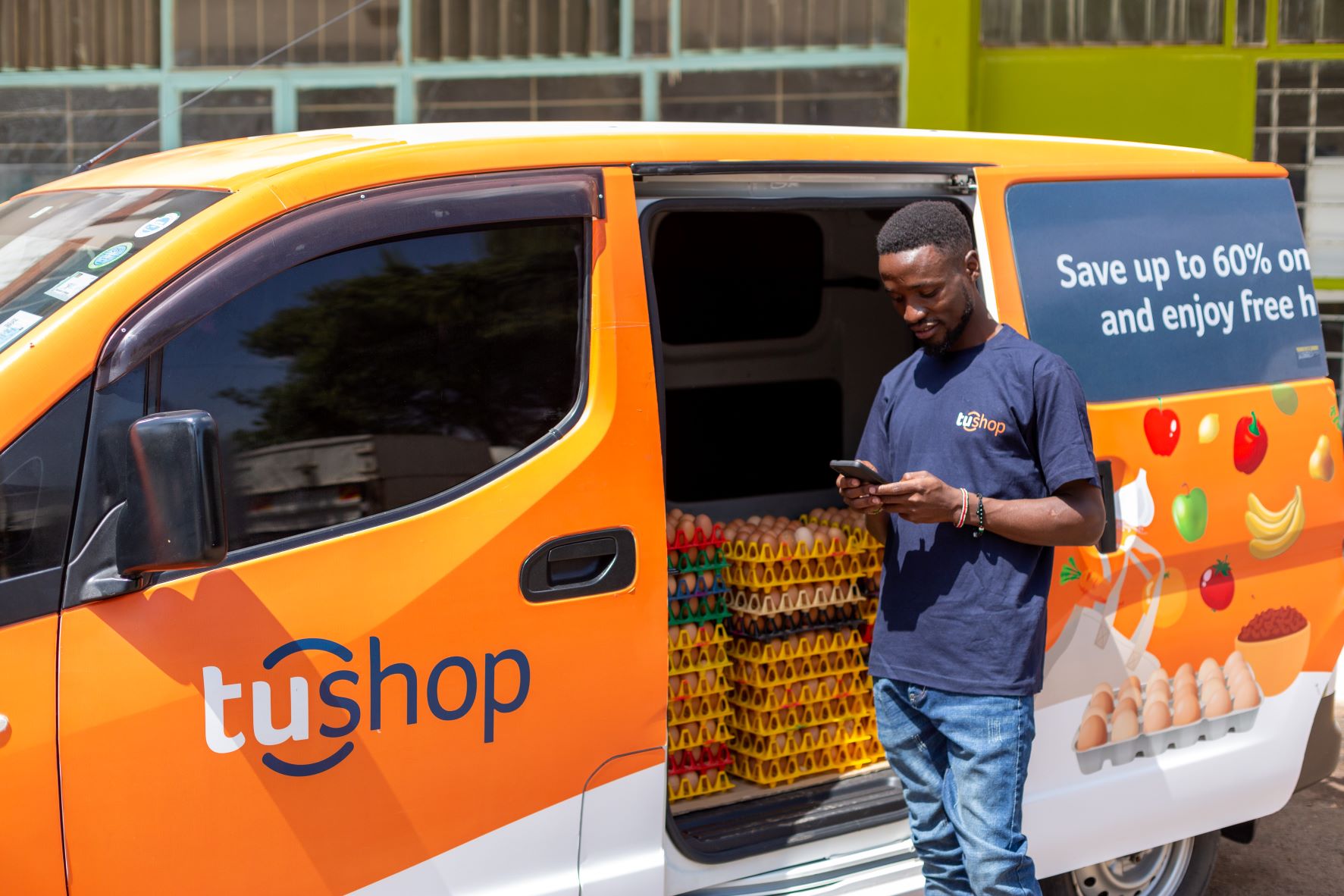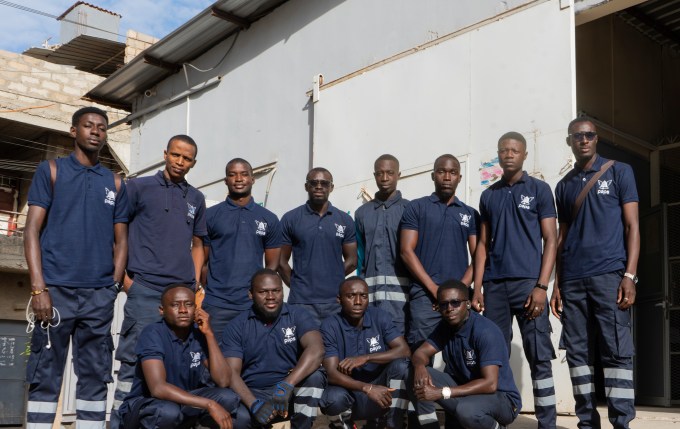Two years ago, the African tech ecosystem saw newfound attention from global players that translated to the continent’s best year of receiving venture capital. From varying sources, it is estimated up to $2 billion went into African tech startups in 2019.
With high-profile visits from the most famous Jacks (Ma and Dorsey), a long-awaited first IPO by e-commerce giant Jumia and massive $100 million rounds, it was a sign of things to come for African tech.
But two months into 2020, the pandemic did an excellent job of lowering expectations as investment activities from local and international investors slowed down.
It wasn’t a bad year, though. African startups nearly raised $1.5 billion and saw a couple of fascinating exits: Stripe-Paystack and WorldRemit-Sendwave.
Entering 2021, the bullishness of African tech stakeholders returned — and why not? As businesses reopened globally and the pandemic drove people to adopt new habits in e-commerce, work, spending money, online delivery, and learning, venture capital into various industries was poised to increase immensely, and Africa would not be exempt.
Predictions were made on how much the continent’s startups would raise in December. AfricArena, a tech ecosystem accelerator, pegged deals to close between $2.25 billion and $2.8 billion. Stephen Deng, the co-founder and partner of DFS Lab, a firm that invests in digital commerce startups, serially compared the 2016 Southeast Asia funding landscape to where Africa might be in 2021, at $3 billion.
These predictions weren’t entirely off the mark. In the end, information from the likes of Maxime Bayen and Briter Bridges made 2019 numbers look like child’s play. 2021 was when African tech reached an inflection point and took center stage as companies raised over $4 billion (more than they got in 2019 and 2020 combined).
From minting five unicorns to witnessing more million-dollar raises by female CEOs, we spotlight some of the events that shaped this pivotal moment in African tech.
What’s a record year of funding without some unicorns?
Attaining unicorn status — a privately held company with a valuation of $1 billion — is undoubtedly one of the vainest achievements for any startup, yet it remains the most coveted.
In Africa, the first two unicorns were Jumia (in 2016) and fintech giant Interswitch (in 2019). As Jumia went public on the NYSE in 2019, it ceased to be a unicorn and became a typical billion-dollar publicly held company.
It’s a similar case with Egyptian payments company Fawry. It went public on the Egyptian stock market (the first indigenous tech company to do so on African soil) in 2019. However, unlike Jumia, Fawry only reached a billion-dollar valuation a year after going public. So, it isn’t and technically wasn’t a unicorn.
Interswitch was the continent’s sole unicorn until five more were minted this year. Four are fintechs: Flutterwave, OPay, Wave and Chipper Cash, while one is tech talent marketplace Andela.
Flutterwave got its horn in March at $1 billion; OPay in August at $2 billion; Wave and Andela the following month, at $1.7 billion and $1.5 billion, respectively; Andela in September raised at a $1.5 billion valuation; Chipper Cash in November at $2 billion. Meanwhile, Interswitch, the sole unicorn between 2019 and 2021, is worth $1 billion.
A couple of reasons are behind this sudden surge in unicorn numbers on the continent. More experienced founders exist and specific markets, particularly in the Big Four (Nigeria, South Africa, Egypt and Kenya), show a mix of matured but still open-for-disruption traits.
Also, sectors such as fintech keep opening up in ways never seen before and there’s a rush of foreign money from first-time investors in early and later stages, simultaneously.
International investors participated from pre-seed to Series E stages
While global investors have previously invested in African startups, their activity seemed more prominent in 2021, probably because of their participation across the board.
For instance, investors such as Berlin-based VC firm Target Global and renowned investment firm and hedge fund Tiger Global cut checks across early and growth stages.
Target invested in both Series A rounds of Kuda and Mono (including the Series B round of the former). The European VC also led the pre-seed rounds of Kippa and Edukoya. On the other hand, Tiger led Union54’s seed round, Mono’s Series A and later rounds in FairMoney and Flutterwave.
Other deals where growth firms participated in early and growth stages included Sequoia in Telda’s pre-seed; Wave’s Series A, via stealthy wealth management fund Sequoia Heritage; and OPay’s Series C, via its subsidiary fund Sequoia Capital China.
There was also action from other investors, such as Dragoneer, FTX, Fidelity, SVB Capital and Sam Altman, who got involved in single large deals for the first time. It was routine for other firms like Tencent as it invested in the growth rounds of uLesson, Ozow and TymeBank– and SoftBank, who, via its Vision Fund 2, led two of the continent’s many nine-figure rounds in 2021: unicorns Andela and OPay.
African startups raised more $100M+ rounds this year than ever before
OPay had one of the three nine-figure deals in 2019 after raising a $120 million Series B round. Others included Andela’s $100 million and Interswitch’s $200 million deals. So imagine the surprise the following year when no nine-figure deal took place (just as the continent didn’t produce any unicorn).
The draught didn’t last long, as Africa not only had its highest unicorn year but also recorded the most nine-figure rounds (11 from 10 startups) in a single year.
Let’s start with the unicorns: Flutterwave’s Series C was $170 million; OPay raised a $400 million Series C; Wave and Andela each picked up $200 million. Then Chipper Cash did the double: a $100 million Series C and a $150 million extension for its unicorn round months later.
Others include TymeBank’s $180 million Series B, Jumo and MNT-Halan’s $120 million rounds, TradeDepot’s $110 million and MFS Africa’s $100 million.
The only non-fintech deals were Andela and TradeDepot (although the latter has an embedded finance play). Also, all but two deals were solely equity-based: TradeDepot and MFS Africa raised a mix of equity and debt.
A handful of local acquisitions and a monumental exit
Digital payments gateway MFS Africa is one of Africa’s few corporate investors and acquirers. Over the past five years, the company has made strategic bets across overlooked startup regions in Africa, investing in Julaya, Maviance and Numida. And in terms of acquisitions, Beyonic and, most recently, Baxi.
Last year, the trend of seeing local companies buy each other played out and continued into 2021. Some interesting acquisitions include TLcom-backed Kenyan consumer experience platform Ajua buying WayaWaya; Nigerian bus booking and Techstars-backed Treepz expanding into Ghana and Ugabus after getting Stabus and Ugabus; and Flutterwave making a foray into the creator economy space with the Disha acquisition.
Others include Jiji’s acquisition of Cars45, Egypt’s B2B e-commerce platform MaxAB purchasing YC-backed Waystocap, thus expanding into Morocco, and Cheki selling its businesses in Kenya and Uganda to Nigeria’s Autochek.
Like the MFS Africa-Baxi deal — which both parties claimed to be the second-largest fintech acquisition in Africa after Stripe-Paystack — the other acquisitions listed were undisclosed.
Why African startups don’t disclose their acquisition figure is a topic for another day. Personally, reporting such deals may not be appealing going forward (if they remain undisclosed) unless they involve international expansion plays. Case in point: Nigerian healthtech Helium Health acquiring UAE’s Meddy (the first of its kind between sub-Saharan Africa and the GCC) and Australian BNPL player Zip buying up South Africa’s PayFlex.
And international expansion via acquisition gets more exciting when a figure is attached; for instance, data center Equinix announced that it would acquire Nigeria’s MainOne, for $320 million. The news was the highlight for this year’s acquisition deals, not only for its size but also because MainOne is a female-led company, with Funke Opeke as its CEO.
More female-led startups raised million-dollar rounds
Funke Opeke is one of the very few founders to have come this far: running an African tech company to the point of exit. She’s also probably the only female founder on the continent to have raised nine figures cumulatively for her business.
Opeke’s experience is an outlier. In Africa and globally, funding doesn’t come easy for female-led companies. A report by Briter Bridges from the middle of this year looked at 1,100+ companies to have received VC money between 2013 and May 2021 (pegged at $20 million or less).
Per the report, only 3% of the $1.7 billion raised within this period went to all-female founding teams compared to 76% for all-male teams.
So, it’s great news when female-led startups raise a million dollars or more in Africa. And it indirectly contributes to how well the region performs, as we can attest to this year which recorded more than ten deals, signalling an improvement in VCs (both gender-focused and gender-agnostic) sourcing for female-led teams to invest in.
The female-led startups that raised a million dollars or more this year include Shuttlers, Bankly, Lami, Okra, Klasha, Akiba Digital, Ejara, Kwara, Edukoya, Reelfruit and Jetstream.
Local investors — and founders — stepped up their game
Alitheia IDF is an investor in Reelfruit and Jetstream. The women-focused firm, led by principal partners Tokunboh Ishmael and Polo Leteka, is a $100 million private equity fund for gender-diverse businesses in Africa.
It’s also one of the local funds that raised huge sums of money this year to write checks for African startups across different stages. Others include Ventures Platform, LoftyInc Capital, Voltron Capital and 4DX Ventures, all sub-Saharan-based VC firms with a pan-African strategy.
Up north, investors such as Sawari Ventures and Algebra Ventures pulled their weight backing startups, particularly in Egypt, where startup innovation and investment has taken off astronomically.
Local and Africa-focused investors also took up entire seed to Series A rounds of some companies in sub-Saharan Africa (Appzone, Payhippo, to name a few), which rarely happened in previous years. Future Africa, Kepple Africa, Launch Africa, and others continued with their pace from 2020 and wrote many new and follow-on checks this year.
We even noticed how active founders like Flutterwave CEO Olugbenga’ GB’ Agboola, Paystack founders Shola Akinlade and Ezra Olubi, and Chipper Cash founders Ham Serunjogi and Maijid Moujaled took part in some early-stage rounds too.
Nigeria became the unicorn capital; Egypt, a powerhouse
In November 2019, three fintech companies, Interswitch, OPay and PalmPay, raised a cumulative $360 million from American and Chinese investors. That announced Nigeria as Africa’s unofficial capital for fintech investment and digital finance startups.
Fintech opportunity in Nigeria is the largest on the continent. With over 40% of Nigerian adults having bank accounts and digital payments hitting more than $250 billion in 2019, it’s no surprise that the startups facilitating transactions for the unbanked (OPay) and providing gateways (Interswitch and Flutterwave) are now worth more than $1 billion.
The three companies, including Andela, started operations in Nigeria’s commercial city, Lagos, earning Nigeria the status of Africa’s unicorn capital in 2021.
For a long time, Nigeria has been one of the three countries that receive the bulk of local and international venture capital, including Kenya and South Africa. The three countries present Africa’s most connected populace and growing economy; the perfect environment to attract foreign capital before others.
But then Egypt stepped into the picture in 2017, and with time, the North African country became part of the “Big Four” as the country began attracting venture capital eyeballs. And after quietly spending the last couple of years at the rear, Egypt picked up impressively in 2020 and this year surpassed Kenya to become the region’s third most active investment region.
As this report aptly put: “Seemingly from nowhere, Egypt is suddenly on the radar as a key African startup funding destination, highlighting the prospects for continental growth of the nascent sector.”
Egypt also has bragging rights in producing the first SPAC deal on the continent. In July, Cairo and Dubai-based ridesharing company Swvl announced that it was going public via a merger with Queen’s Gambit Growth Capital. It’s a deal that will value Swvl, one of the country’s success stories, at almost $1.5 billion once completed.
With a large population and impressive GDP per capita, the North African country raised almost $600 million this year. While it’s less than what Nigeria and South Africa raised at over $1.4 billion and $830 million, respectively, some observers predict that Egypt will surpass South Africa by next year if it keeps up with its pace.
There are a few reasons behind this thinking. In Nigeria, South Africa and Kenya, fintech is the sector that receives the most funding. The major sector is e-commerce and retail in Egypt, but the country is a hot spot for fintech, too, evident in holding the highest pre-seed rounds in both categories (Rabbit’s $11 million and Telda’s $5 million rounds).
When I wrote this piece earlier this year, the largest pre-seed round at the time was Autochek’s $3.4 million. Rabbit’s eight-figure pre-seed is thrice that amount. Sources recently told TechCrunch that another Egyptian startup will close a pre-seed round that high next year.
Mindblowing pre-seed investments like these are one of the many indicators of how fast venture capital has picked up in Africa. The continent’s startups raised over $4 billion this year and minted five unicorns. No one knows what to expect in 2022, but there’s a nuanced sanguinity that we would see “more of everything” including some IPOs (I might be reaching here) so brace yourselves.





